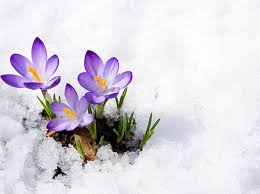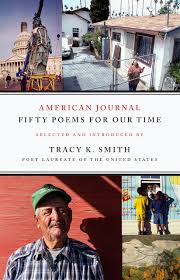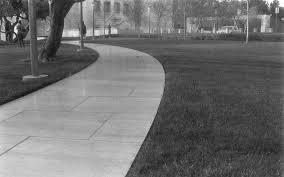
In her collection Obit, Victoria Chang takes the journalistic standard we call an obituary and puts it through some poetic paces. For most of the book, each poem looks like a column in a newspaper, forgoing stanzas for one tall rectangular block. And while the starting point may be the stroke and death of her father followed by the death of her mother, her poems take matters a step further.
How? The Table of Contents foreshadows how: Title-less poems commemorate her father’s frontal lobe, voice mail, language, future, civility, privacy, and her mother’s lungs, teeth, friendships, gait, optimism, ambition, memory, tears, etc. Some of the poems are repeat-obits, including ones for Victoria Chang, the author herself, who feels beleaguered and fundamentally transformed by grief and its effects.
To give the reader occasional breathers, Chang includes a series of tankas throughout. Then there is Section II: “I Am a Miner. The Light Burns Blue,” where she forsakes the middle tower spaces of the page used for obits and writes poems that expand to the entire page, using white spaces between single words or small clumps of words, forcing the reader to slow down and carefully pick through the wreckage death scatters like so much flotsam and jetsam.
For this to work (and it does), the poet has to be both confident (check) and accomplished (check) with personification. Let’s look, for instance, at Chang’s obituary for Approval:
Approval – died on August 3, 2015
at the age of 44. It died at 7:07 a.m.
How much money will you get was my
mother’s response to everything. She
used to wrap muffins in a napkin at
the buffet and put them in her purse.
I never saw the muffins again. What I
would do to see those muffins again,
the thin moist thread as she pulled the
muffin apart. A photo shows my mother
holding my hand. I was nine. I never
touched her hand again. Until the day
before she died. I love so many things I
have never touched: the moon, a shiver,
my mother’s heart. Her fingers felt like
rough branches covered with plastic. I
trimmed her nails one by one while the
morphine kept her asleep. Her nails
weren’t small moons or golden doors
to somewhere, but ten last words I was
cutting off.
As Chang writes obituaries for abstract things like approval, it gives her time to explore all the feelings that overwhelm her, first while her parents are ill and then while they die, not to mention her grief in the days and months after they die. In that sense, this collection is one long obituary for both her parents and the familiar way of life she had grown accustomed to.
The form suits Chang’s talents well. It also challenges the reader to consider all the little “deaths” we experience each day, how they change us in big and small ways, and what we notice about them if we take a moment to think. People change, that’s well understood. But seen through this lens, we come to realize that change in life is nothing but a series of little deaths, some planned or expected, many more spontaneous and surprising. Like this book!








